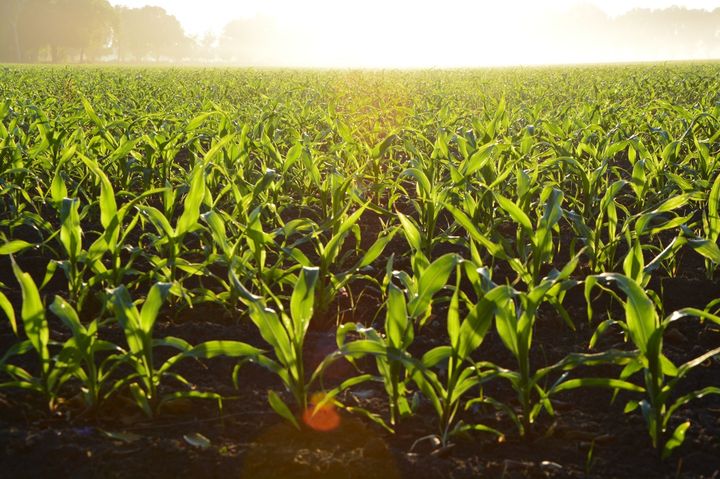This HeroX blog post takes a look at one of the CHASING GENIUS prompts - "How do we feed 9 billion?" - a question with many answers, and many more questions that come out of it. Check out some of the links for inspiration on what ideas are already out there for feeding our massive global population as it grows even larger.

When we think about infrastructure, it's easy to overlook the critical role it plays in the way we eat. While we might think about whether our whether our food is local, fresh, healthy, or delicious -- we're not often taking note of the hundreds of hours of production, processing, distribution, and how intensely these functions rely on utilities, trucking, and centralized facilities. Without solid infrastructure, food wouldn't make it to the grocery store -- or your plate.
Like most things, technology is evolving to meet greater needs, and ultimately re-write the many "hows" of our food system in the US. This is great news, as we're pretty long overdue for an update and some increased efficiency. If you go here, you can see a map which details technological developments that will change the production, distribution, sale, and consumption of food across the world.
Presented by Rebecca Chesney and her Food Futures Lab, this map will show you emerging technologies that will enhance your life and developments which could use your input and creativity.
Where could you contribute?
Production
Distribution
Sale
- Drone Delivery
- Predictive Grocery Apps
- Automated Ordering
Consumption
- Wifi Shielded Eating
- 100% Synthetic
- Quantified Eating Speed
There you have it, some pretty wild ideas, but no doubt some of them will prove to be truly disruptive. No matter the field, we're all set to benefit from rapid adoption of superior consumer technology. On second though - was anything missing from this map, and what improvements might you make to the indispensable infrastructure that keeps us all fed?
